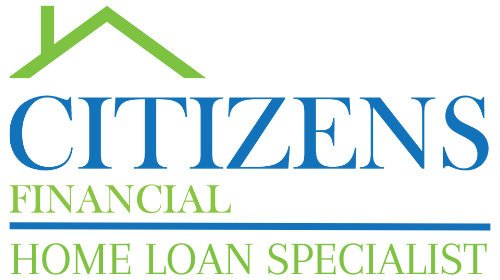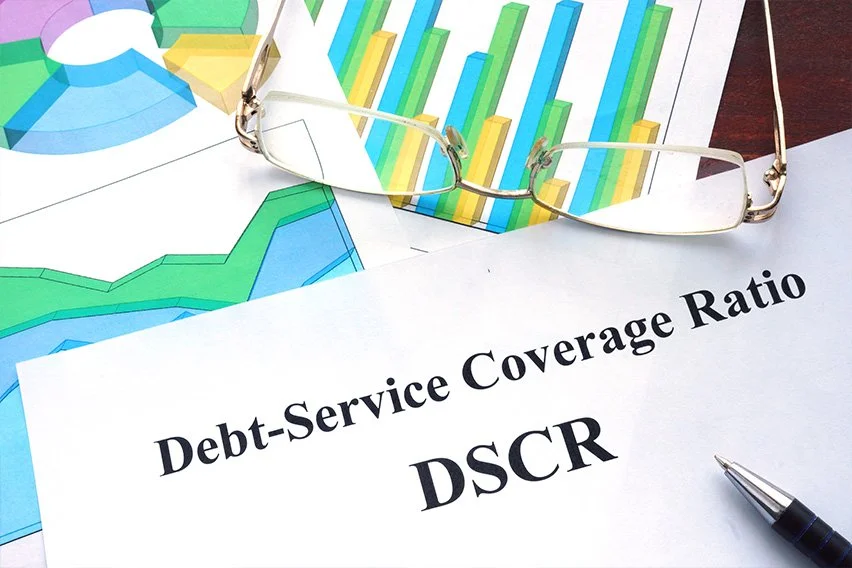As the real estate market continues to evolve, investors are constantly seeking innovative ways to…
How to Choose the Right Mortgage Term for Your Financial Goals
When it comes to purchasing a home, choosing the right mortgage term is a crucial decision that can significantly impact your financial well-being. Selecting a mortgage term that aligns with your financial goals is essential, as it determines the duration of your loan and the amount of interest you’ll pay over time. In this article, we will explore the various mortgage terms available and provide valuable insights to help you make an informed decision.
Understanding Mortgage Terms
A mortgage term refers to the length of time over which you’ll repay your loan. The most common mortgage terms are 15 years and 30 years, but there are other options available as well, such as 10-year and 20-year terms. Each term has its own advantages and considerations, so it’s essential to assess your financial situation and long-term goals before making a choice.
- Shorter-Term Mortgages
A shorter-term mortgage, such as a 15-year term, offers several advantages for homeowners. Firstly, it allows you to pay off your mortgage faster, which means you’ll own your home outright sooner. Additionally, shorter-term mortgages often come with lower interest rates, saving you a significant amount of money over the life of the loan.
However, it’s important to consider that shorter-term mortgages typically have higher monthly payments since you’re repaying the loan in a shorter period. Therefore, it’s crucial to ensure that the monthly payments are comfortably within your budget before committing to a shorter mortgage term.
- Longer-Term Mortgages
On the other hand, longer-term mortgages, like a 30-year term, offer their own set of advantages. One of the primary benefits is the lower monthly payments compared to shorter-term options. This can provide more flexibility in your budget and allow you to allocate funds towards other financial goals, such as investments or saving for retirement.
It’s important to note that longer-term mortgages generally have higher interest rates. Over the course of 30 years, the cumulative interest paid can be significantly higher than with a shorter-term mortgage. It’s essential to carefully evaluate the overall cost of the loan and how it fits into your long-term financial strategy.
- Consider Your Financial Goals
To determine the right mortgage term for your financial goals, it’s crucial to evaluate your current financial situation and consider your long-term objectives. Ask yourself the following questions:
a. How long do you plan to stay in the home? If you anticipate moving within a few years, a shorter-term mortgage might not be the most suitable option.
b. What is your risk tolerance? Shorter-term mortgages can save you money in the long run but may come with higher monthly payments. Evaluate your financial stability and comfort level with higher payments.
c. What are your other financial goals? Consider the impact of your mortgage term on other financial objectives, such as saving for retirement, education, or investments. Longer-term mortgages may offer more flexibility in this regard.
Choosing the right mortgage term is a vital step towards achieving your financial goals. By understanding the advantages and considerations associated with shorter and longer-term mortgages, you can make an informed decision that aligns with your current situation and long-term objectives. Remember to carefully evaluate your budget, risk tolerance, and future plans before committing to a mortgage term.
NMLS #1401042 | info@citizensfinancial.co | 707-800-6047
#MortgageTerm #FinancialGoals #HomeOwnership #MortgageAdvice #RealEstateFinance




